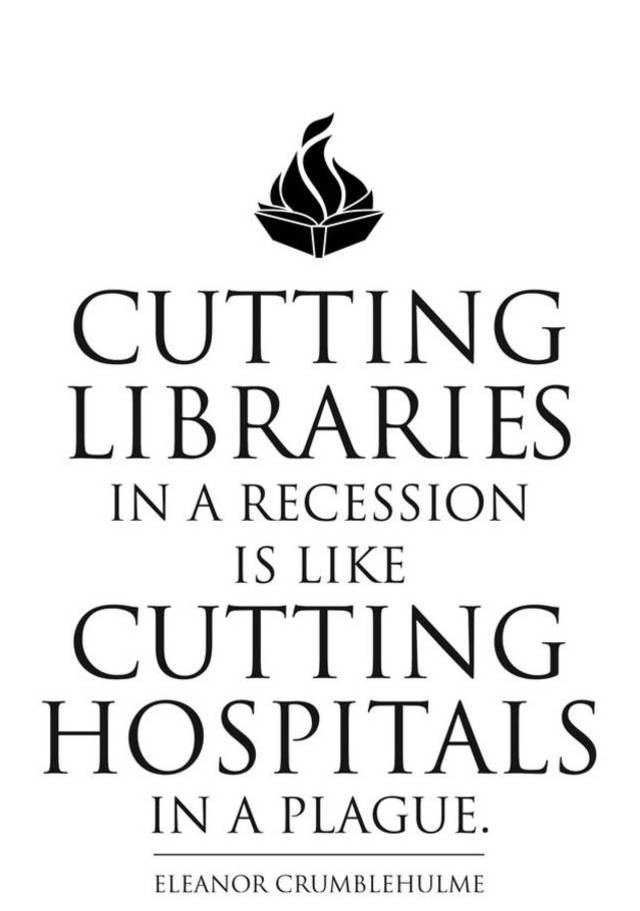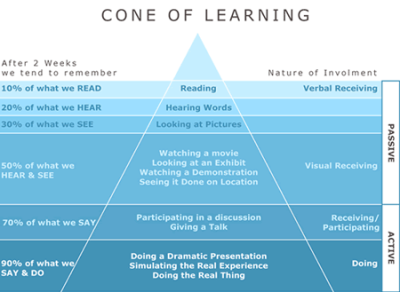When did the anti-lecture trend begin? It seems to have been around for a long time. I’m sure the internal discussion has been around for an even longer time but the outwardly loud anti-lecture discussion has at least been going on for the last two decades (this is just my feeling and experience).
So its hardly surprising then to read yet another article joining in the lecture-bashing trend and Science writes Lectures Aren’t Just Boring, They’re Ineffective, Too, Study Finds.
Interestingly, the article included the quote
“This is a really important article—the impression I get is that it’s almost unethical to be lecturing if you have this data,” says Eric Mazur, a physicist at Harvard University who has campaigned against stale lecturing techniques for 27 years and was not involved in the work. “It’s good to see such a cohesive picture emerge from their meta-analysis—an abundance of proof that lecturing is outmoded, outdated, and inefficient.”
When I tweeted out the link a colleague sent me this link to a quote in Paul Ramsden Learning to Teach in Higher Education “Despite the firmness of the lecture’s foothold, the best general advice to the teacher who wants to improve his or her lecturing is still ‘Don’t lecture’ (Eble, 1988, p. 68).” So almost two decades later, a world of new technology has evolved and the best thing we can do is still to say don’t lecture?
From my perspective there are two problems with the whole lecture-bashing argument. The primary flaw is the way in which the argument generalizes all lectures and lecturers. While I hate the comparison with actors, or even worse, stand up comedians it is important to remember a lecturers delivery style varies as much as these professions do. I am aware of the studies that exist (and we should all be able to recognize their strengths and flaws) but I find the statement “all lectures are bad” is similar to “all sport is boring”. This is a statement of taste not of fact.
The reason why I consider this taste as opposed to fact is connected to the second problem in the lecture-bashing argument. And this is that it ignores the responsibility of the learners (as opposed to the teachers). If a student is working full time on a topic then the amount of time they are spending is 40 hours a week. This is obviously not happening but lets be nice and say that they “should” spend at least half their time on a full time course.
This still means four hours a day, five days a week. Seriously not a lot. Then the question is how many lectures is the student “enduring”? Supposing there are three two-hour lectures a week. This means 6 hours a week. And it still means that their are 14 hours a week the student should be working. Again this is only working with the idea of a half time job.
The lecture is not reading the book for the students, the lecture is not teaching everything the student needs, the lecture is not the message (sorry really bad pun). From my experience lectures work well when they highlight the important issues for an audience that cares (or at the very least knows) about the topic. But this means that the students cannot just crawl out of bed and attend a lecture on a topic they know nothing about and then expect to be enriched by it. They need to do their part.
The problem is that the lecture-bashing argument is letting the students off the hook. If the students are not learning from, or being bored by, the lecture then obviously the lecture is the problem. I find that this perspective demeans and infantalizes the student.



